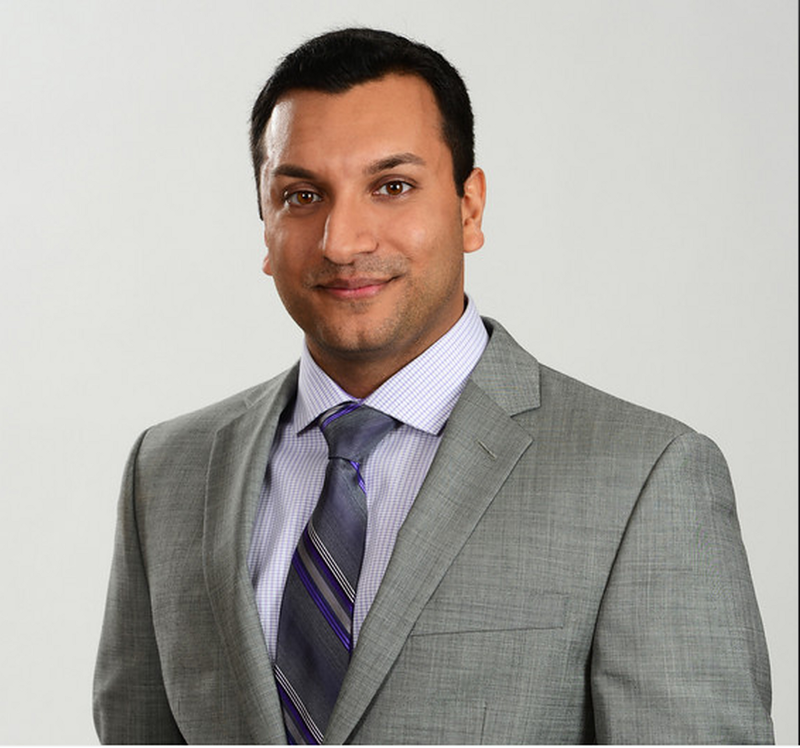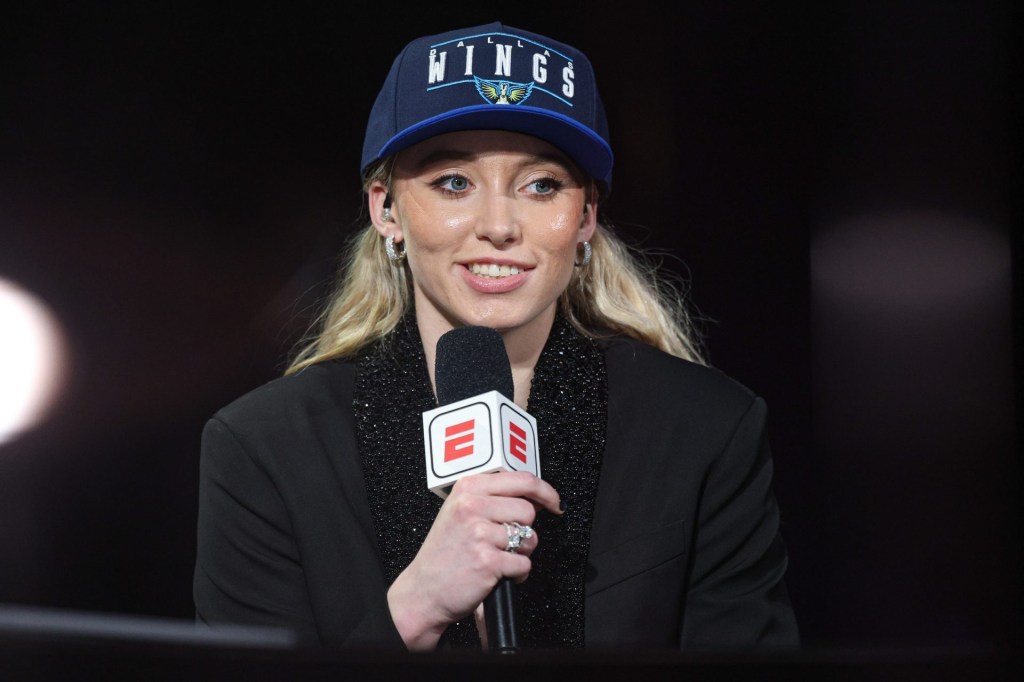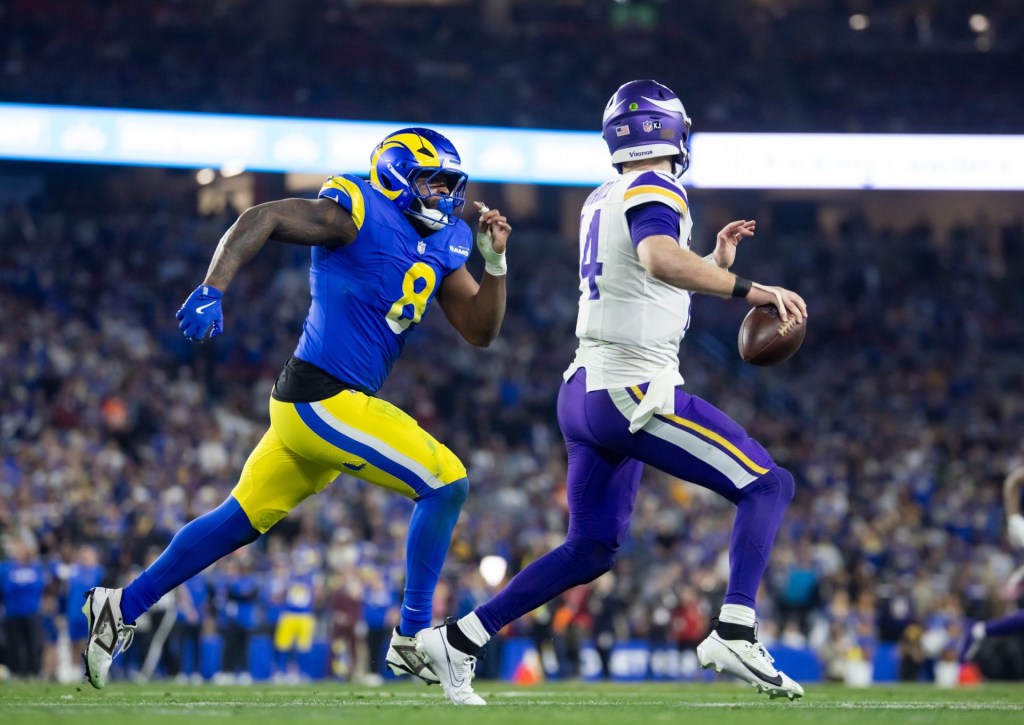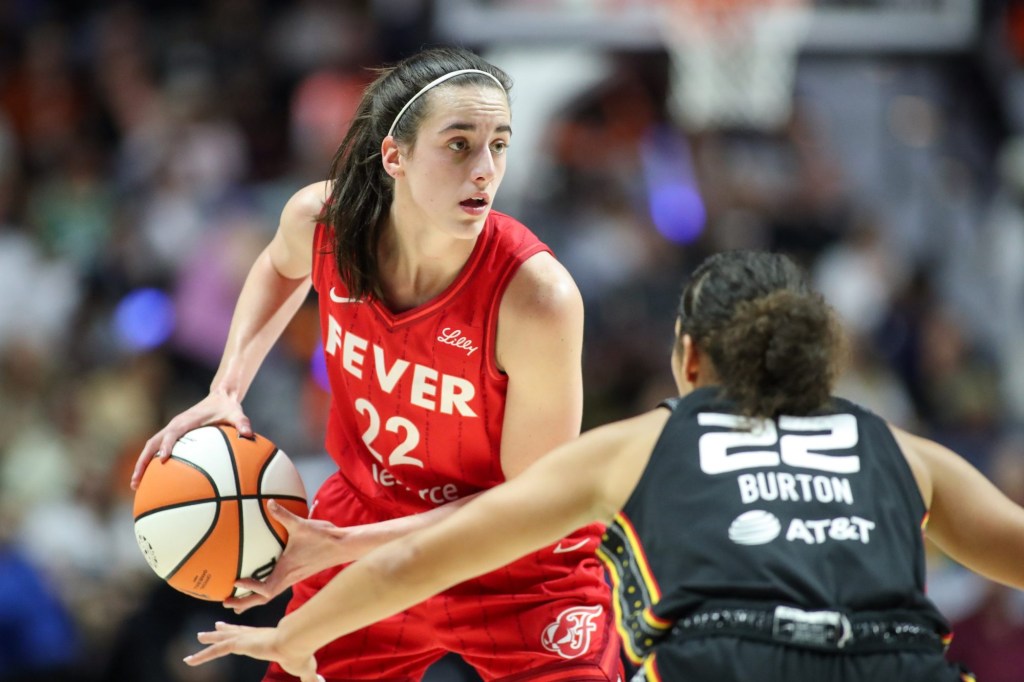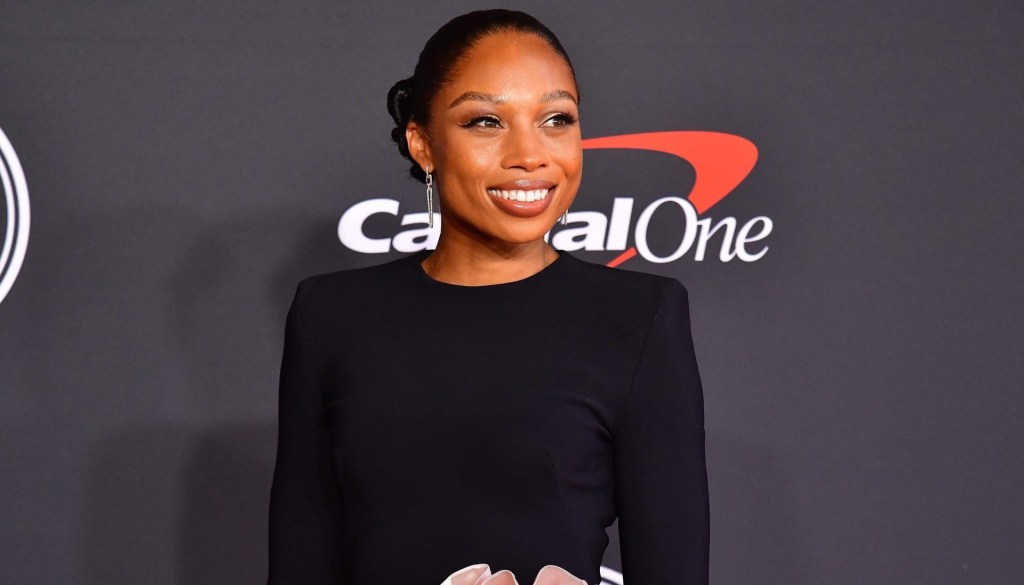By: Adam White, @FOSAdam

Front Office Sports is proud to have sat down with Adam Amin, Play-by-Play Announcer for ESPN and Sports USA Radio Network. Joining ESPN in 2011 at age 24, he immediately became one of the network’s youngest game-callers. To go along with being one of ESPN’s youngest game callers, in 2012 he became one of the voices of the NFL on Sports USA Radio Network making him one of the youngest broadcasters to ever call an NFL game nationally. A true student of the profession, he was lucky enough to be one of the four men who were able to call the famous 2013 Alabama-Auburn Iron Bowl and to this day, still calls it his most memorable broadcasting moment. He was gracious enough to have offered up his time and insight into what it takes to succeed in broadcasting, why preparation is the single most important factor when it comes to success, and why being yourself is of utmost importance.
You graduated in ’09 and now, a little over five years later, you find yourself as a play-by-play announcer for ESPN, ESPN radio and Sports USA Radio Network. What has that journey been like for you?
It is still surprising and unknown. I didn’t expect it to happen this fast. In my heart of hearts, I honestly thought that one day I would get to where I am today but then it happened to me at 24, which I didn’t think was ever going to be a possibility. There aren’t very many of us who get to do this job at that young of an age. I started working for ESPN 26 months after college and then 28 months after, I was on the air. It has been a surprising journey to say the least.
You do play-by-play for TV and the radio, what do you see as some of the differences between the two? How do you approach preparing for those differences and what makes each medium difficult it its own respect?
It is very much a description process on the radio and a captioning process on TV. You are trying to complement on TV, while you are creating on the radio. It is a huge team effort on TV compared to radio where you are your own producer and graphics package because you have to describe and update as much as you can.
For me personally, my challenges on radio are trying to balance descriptions with overload. A radio broadcast is only as good as how much a listener can process so you have to find that balance and make sure you are prioritizing what’s important on a consistent basis.
On the TV side, it can be hard for me to say less. It is a lot more difficult than people expect. You want to get in and get out fast and you want to say the right thing succinctly so your analyst can break down what they want to break down. And sometimes, you also just have to shut up and let the big moment speak for itself.
What has been your most memorable broadcasting moment thus far?
I was lucky enough to call the 2013 Iron Bowl. There were four guys who have their call stapled to that moment and they are Eli Gold of Alabama, Rod Bramblett of Auburn, Verne Lundquist of CBS and myself. It was one of the most insane things I have ever seen at a sporting event because of the rarity of the finish and the magnitude of what was at stake.
Favorite person you have interviewed on air?
I think I have to go with Don Mattingly. I’m a big baseball geek and for me to have a chance to sit down with someone who has had such an impact on the game of baseball was truly a great experience.
Another great experience I had was sitting down with Vin Scully. I spoke with him for about twenty-five minutes. He was charming, kind, supportive, encouraging, funny and entertaining. All of those things that you hope people you look up to are, he was.
As an announcer, you are always in the spotlight and many students think that the job is all fun and games. Can you touch on how difficult it is and how much preparation goes into it?
The preparation in this job is the single most important thing outside of the command of your verbiage and control of what comes out of your mouth. Preparation is about being able to take what you are seeing in front of you and putting that into context of why it is important and why people should care because of what you have studied, read and heard. Being prepared isn’t just about knowing someone’s batting average, it is about knowing why they are hitting that and how it is going to play a role in the game.
What makes you a good broadcaster is being succinct, and that comes from being prepared and being able to make your point in a concise manner is.
I went back and looked at my board and my charts from a Big Ten football game I did in November and I copied and pasted all of my notes into a word document. I resized the font, double spaced it and made the margins correct for what would be an example of a term paper. When I was done it turned out to be 40 pages long, which is just for one football game and I do two football games a week.
What is the biggest mistake you see students and young professionals making when they try to get into media/announcing?
One of my colleagues told me that students will often times come up to her and tell her that they want to do what she does. She would go on to tell me that she can easily tell who actually wants to be a broadcaster and who just wants to be on TV.
If you want to get into this, do it because you really want to get into it and because you love it, not because you think that it is an easy way to become a celebrity or a star.
It is one of the biggest mistake students make because they think the path to this profession will be easy, but it is not and when they realize that it is harder work than they think, a lot of them leave.
Three things every student and young professional should remember when he or she is trying to break into the sports industry?
You need to find out what you are good at, what you are terrible at, what you love and what you like. If you can find these things out and prioritize what you really want to do, that will help you along the way.
You have to be a student of the industry. You have to watch the people you look up to with a critical eye and a critical ear so you can find out what you like and don’t like and what is good and what is bad.
You don’t want to go into this as somebody else. You have to go in as yourself; because anytime the TV or radio is turned on the people who are watching and listening want to know that you, the broadcaster, is the same as you, the person.
Finish this sentence, “I love being a play-by-play announcer because…”
I’m there and I get to see it happen first. Not only do I get to see it first, I deliver the story before anyone else does. The pressure and the excitement of wanting to do that job better than anybody else and trying to appreciate the moment and do the moment justice is an incredibly thrilling and satisfying part of the job.
Parting wisdom?
You have a responsibility to do the job well, to do the moment justice, to do it right, to be factual, to be palatable to those who are watching and those who are listening. When you are able to do that well, you will have such a major appreciation for this job.
If something comes your way and you are excited about it, go for it. If something comes your way and you aren’t excited about it, give it a shot and if you still don’t like it, you will be able to narrow your focus on what you really want to do.
You have to have passion. There are lean times in this industry and when you have passion, it will sustain you and carry you through.
We would like to thank Adam for his time and insight and we wish him all the best in his future endeavors!
You can follow him on Twitter here or connect with him on LinkedIn here!
